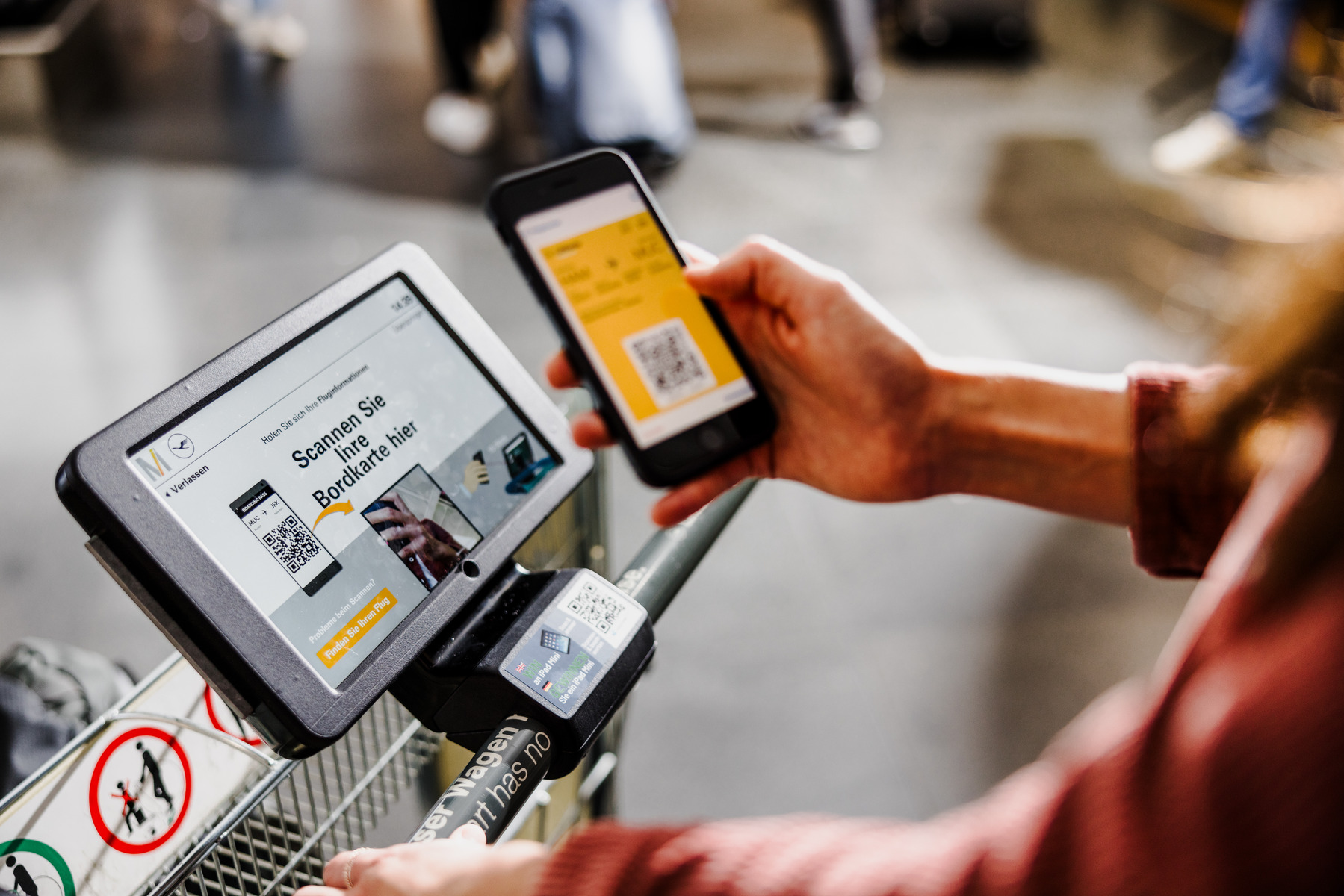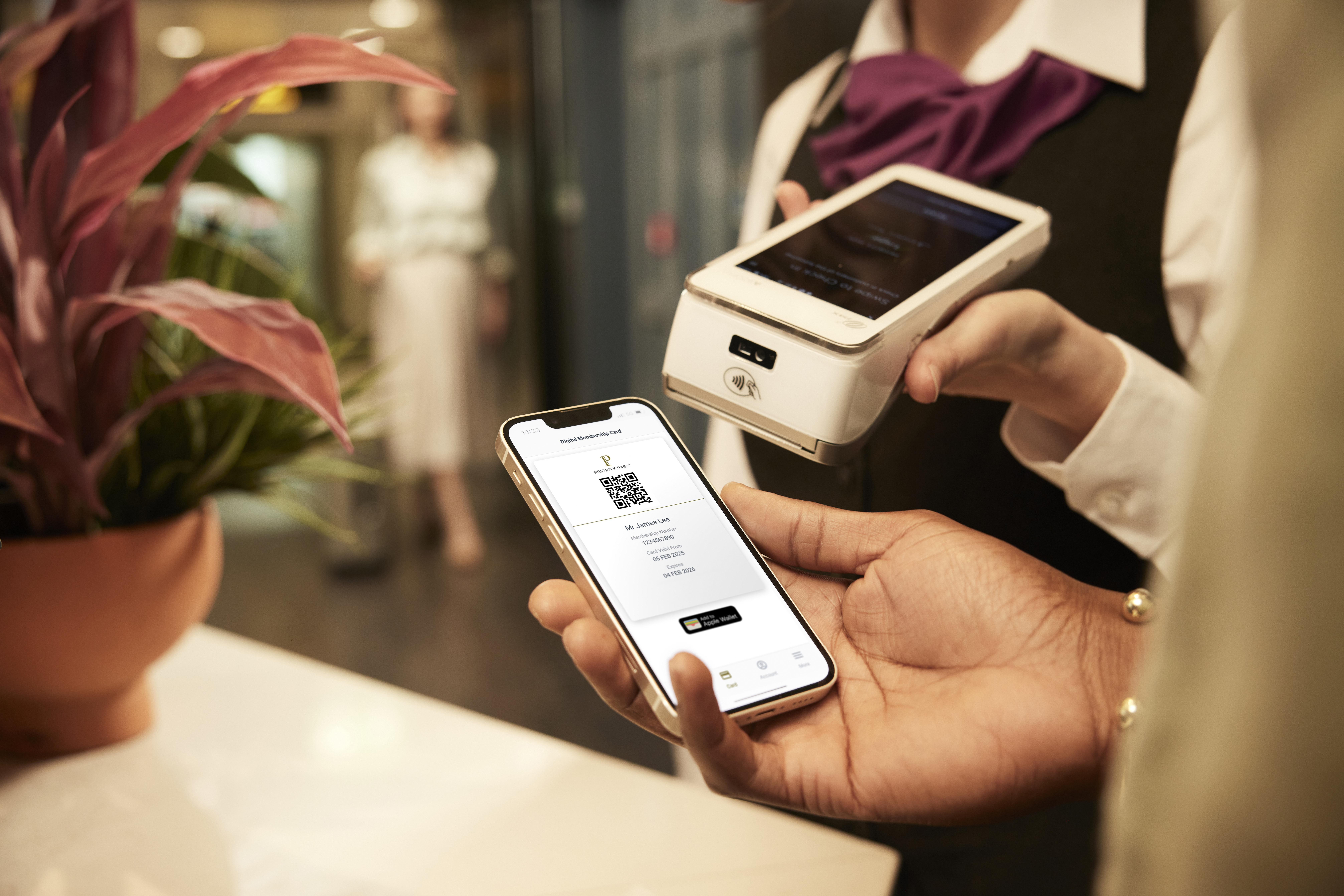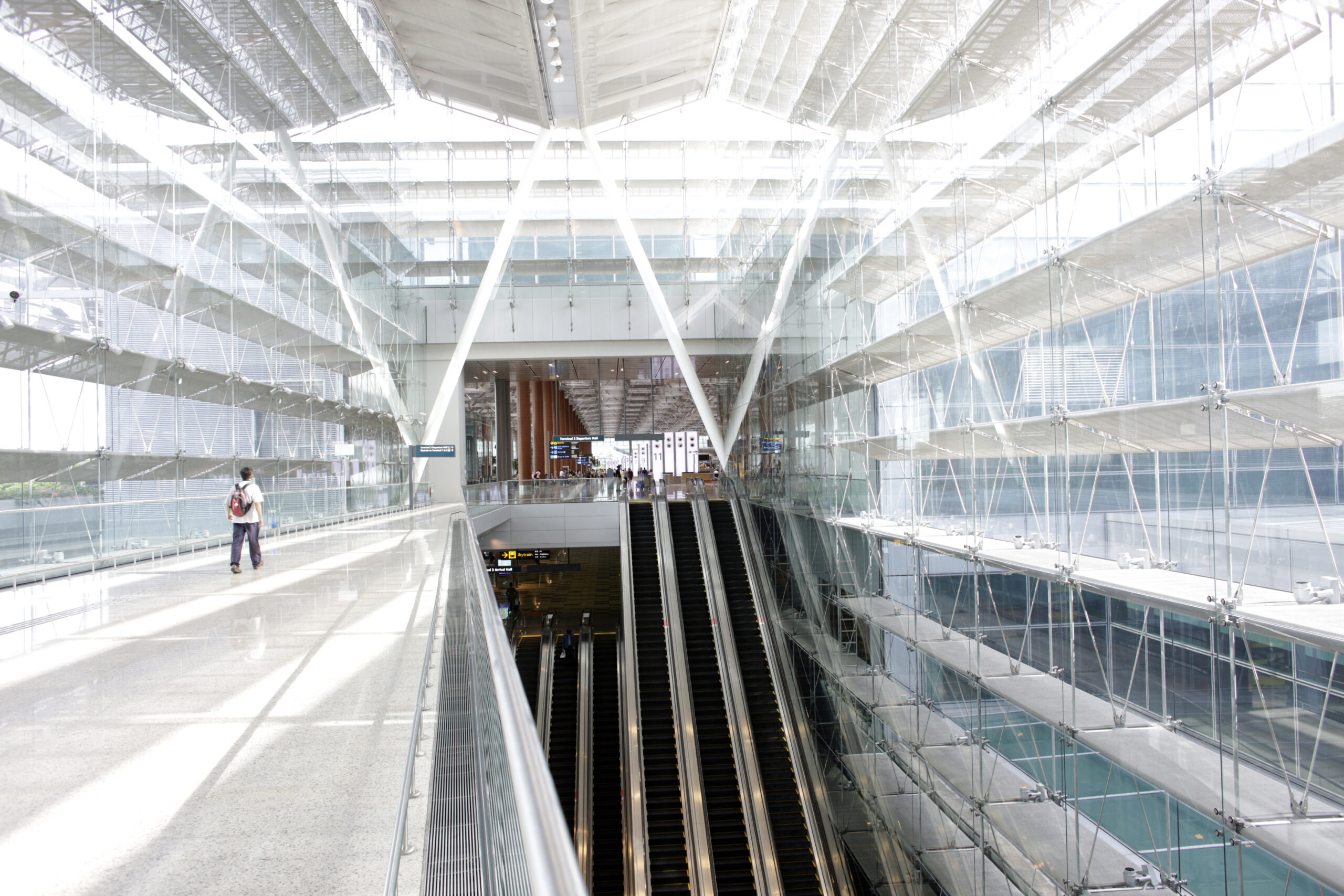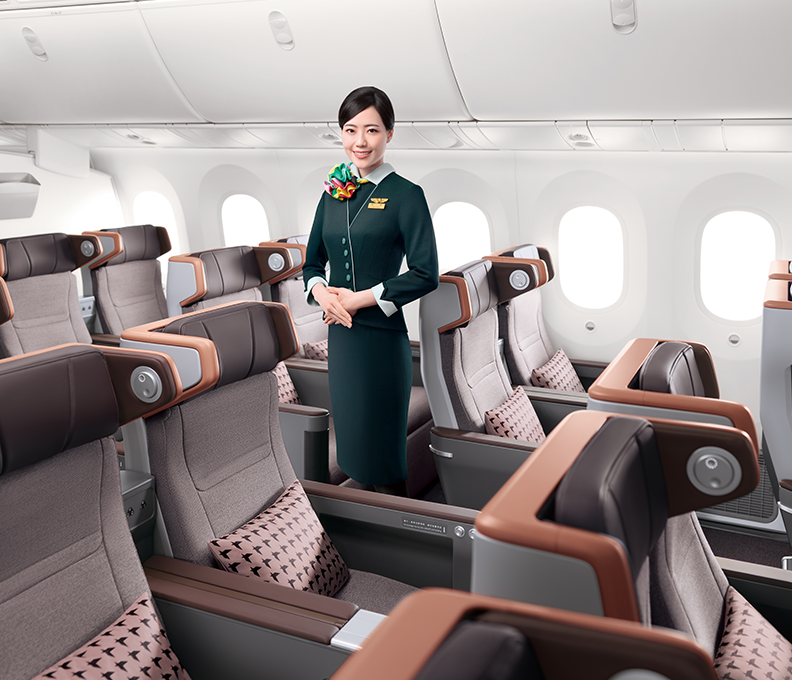Travel of Tomorrow: The Latest in Airport Tech
How tech is making the airport experience smoother, smarter and more connected
August 19, 2025

Photo: Courtesy of GettyImages
From facial biometrics to real-time flight updates, technology that once seemed futuristic is now transforming the airport experience. There are hundreds of ongoing airport construction projects around the world—and the majority of them will feature automated check-in and streamlined passenger experiences.
Straits Research projects the global airport automation market will grow from $55.05 billion in 2025 to $85.12 billion by 2033, with more airports going digital.
Traveler expectations are shifting even more quickly. Digital innovations are being widely embraced and reshaping how passengers view the airport, with technology driving efficiency, enhancing comfort and offering more choice.
The Gift of Time
When technology does its job well, it fades into the background and replaces hassle with something far more valuable: time. According to new research commissioned by Priority Pass, which surveyed more than 12,000 travelers across 21 countries, nearly half of global travelers say modern airport tech has given them an extra 10-30 minutes in their journey, while one in five say they’ve gained up to an hour of free time.

Photo: Courtesy of Munich Airport
But efficiency isn’t just about speed. It has an impact on well-being, influencing how calm, confident, or stressed travelers feel—and this subsequently impacts behavior.
Nearly two-thirds of travelers say the time saved by automation has led them to spend more money at the airport, whether that’s indulging in fine dining, relaxing in a premium lounge, or hitting the shops, with Gen Z and millennials leading that change.
Next Level
The demand for “more” is also becoming apparent. Younger generations and high-income travelers want to see future airports and lounges become smarter, high-tech environments with personalized food options, entertainment facilities, workspaces, and seamless booking through apps.

Photo: Courtesy of Priority Pass
Christopher Evans, CEO of Collinson International, said: “With travel volumes continuing to rise, airports are looking to technology to enhance the curb-to-gate journey. Automation is freeing up valuable time, lowering stress levels, and providing real-time information to the traveler. When the travel experience delivers, travelers are more inclined to relax, sample dining options, or retail stores. By integrating digital access to lounges and new airport experiences into the Priority Pass app, we’re creating more choice and opportunities for enhanced moments throughout the journey.”
However, even tech-savvy travelers don’t want humans to disappear altogether. A third still value human support when they need assistance, particularly when it comes to customer service and problem resolution (65 percent), security and border control (54 percent), and lost and found services (48 percent).
Airports 2035
Top five technologies passengers expect in the next 5-10 years:
Ditch the Passport
Fully biometric travel journeys, removing the need for a physical passport
Smart Baggage Tracking
Never lose your bag again with fully digitized luggage monitoring
Global Security Systems
A standardized entry process across all immigration borders
Auto-Interpretation
Signage that automatically translates into different languages for world travelers
AI Checks
Predictive security checks based on AI risk assessments
Regional Differences
Travelers in Asia-Pacific are most optimistic, with 69% believing airports are embracing tech and AI at the right pace. This is perhaps unsurprising, with modern hubs like South Korea’s Incheon International Airport and Singapore’s Changi Airport setting the global benchmark for automation.

Photo: Changi Airport, Terminal 3, Singapore. Courtesy of GettyImages
Travelers here will already find self-check-in kiosks, biometric immigration, automated baggage handling, and even elements of automated security screening. Passenger confidence in emerging hubs such as Thailand (85 percent) and India (83 percent) is also high.
In the Middle East, 68 percent of travelers feel airports are meeting expectations for AI and tech adoption, reflecting hubs such as Doha and Dubai in the region. In contrast, just 57 percent of travelers in the Americas and 46 percent in Europe believe airports are keeping pace.
One reason for the differing attitudes is that many airports in Asia-Pacific and the Middle East benefit from new or upgraded infrastructure, making tech rollouts easier. Europe and the Americas, on the other hand, face the challenge of modernizing older facilities. In terms of passenger profile, 65 percent of lounge users see airports as tech-forward compared to just 42 percent of nonusers.
Top Digital Developments
Which technologies do passengers think have most improved their airport experience?
- Fast track through security
- Digital boarding passes within airline apps
- Advanced security scanners
- Automated baggage drops
Source: Priority Pass Global Research 2025 – Tomorrow’s Journey: Smarter, Faster, Connected.





